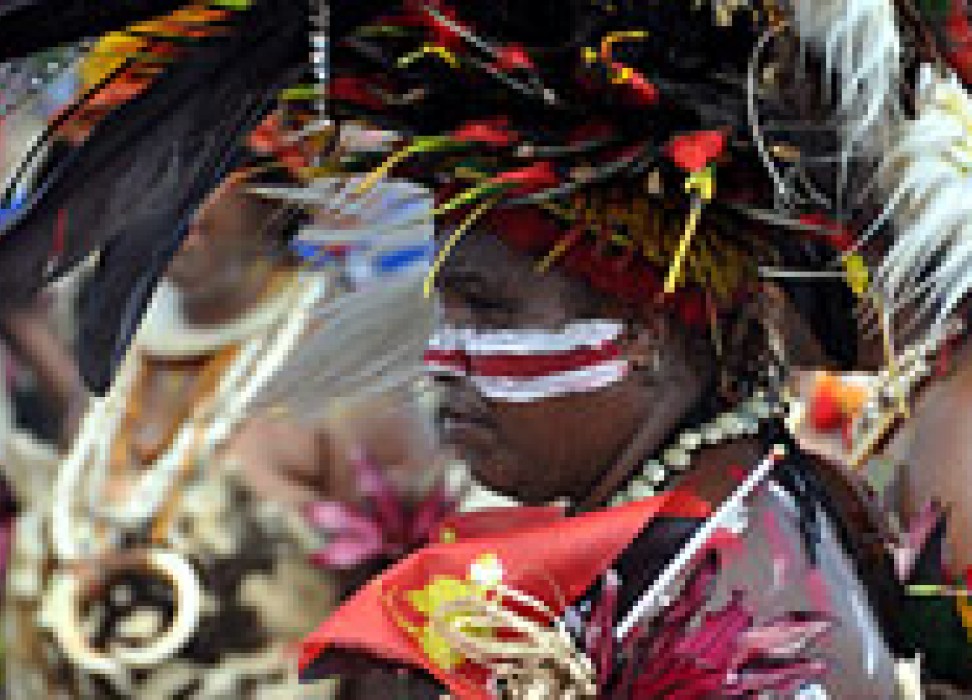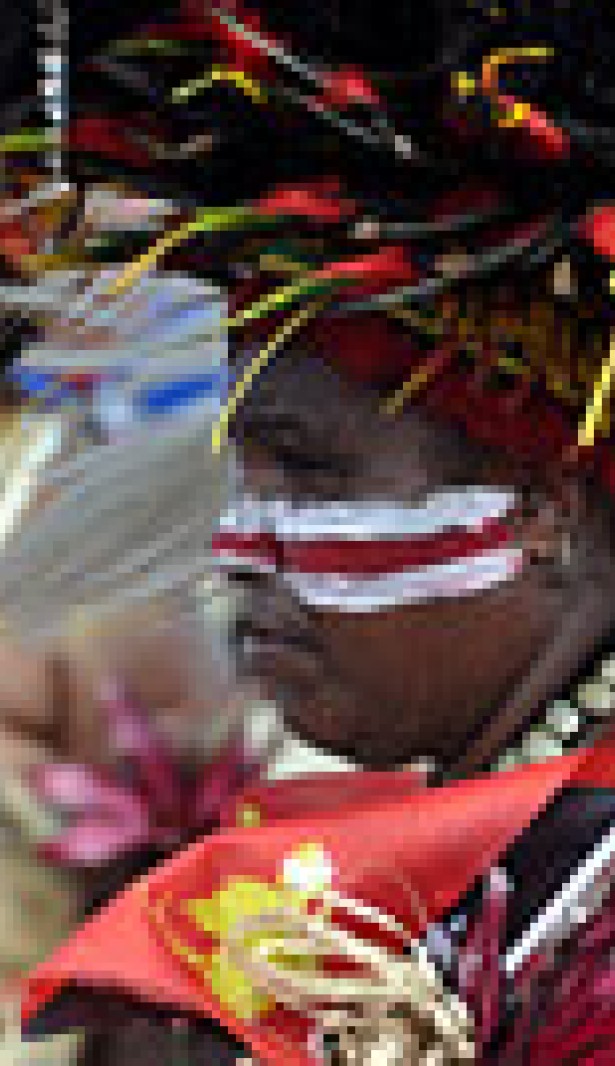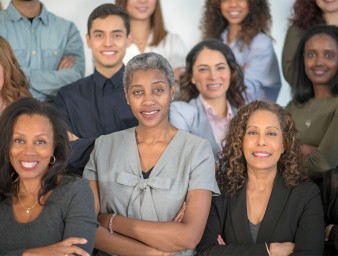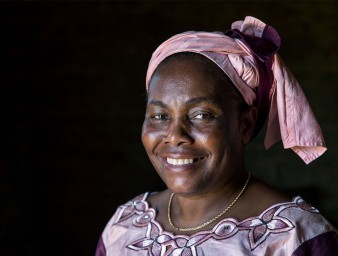16 Days of Activism: fighting against sorcery-related killings
06 December 2011

The belief in black magic, sorcery, evil spirits and witches is widespread in the Pacific nation of Papua New Guinea: this superstition is called Saguma.
Monica Paulus, a human rights defender, has been fighting against sorcery for years. She assists women victims of witchcraft accusations by providing them with food, hiding them in a safe place, assisting them in presenting their cases to court, or taking them to the closest hospital. She herself was accused of being a sorcerer and, as a consequence, lost all her possessions, including her house. “I feel for those women who have been accused of having magical powers,” she says. “I understand their suffering because I also went through it and that is why I want to help them.”
Sorcery is believed to account for sudden or unexplained death or illness: The end result is often that someone is killed for another person's unexplained death. Every year, hundreds of people are put to death or tortured because someone thinks they are responsible for a death or a disease using black magic. Women are six times more likely to be accused of sorcery than men, according to Amnesty International.
Paulus recently helped a woman accused of sorcery and managed to hide her, together with her daughters, in a safe location. Because of the assistance she provided, Paulus has been threatened by some members of the community. “They say I am the one who helped the sorcerer. I am stigmatized because I help innocent women and their children.”
On one occasion, she sought assistance from the UN Human Rights office in Papua New Guinea regarding a woman and her four daughters who had been tortured and raped after they were accused of sorcery. “The UN Human Rights office helped them relocate to a safe location,” she says.
Paulus works full time with the Highlands Women’s Human Rights Defenders Network. The Network focuses on issues related to sorcery accusations and killings, tribal conflicts, and violence against women at home and in the community. A number of female members of the Network, including Paulus, are subjected to deadly threats every day because of their work.
Aware of the risks she faces, she continues her work with courage and commitment. “Helping women accused of sorcery is the right thing to do,” she stresses. “They are suffering with hardly any support and people don’t want to go near them.”
“I am inspired by the courage of women,” she says. “Women accused of sorcery are victims of extreme abuse and horrendous killings.” The stigma is passed on to their children. “I have seen their children being displaced, abandoned and stigmatized,” she concludes. “I am aware of that plight and that is why I want to help.”
6 December 2011
The 16 days of activism campaign, which runs every year from 25 November – International Day for the Elimination of Violence Against Women – to 10 December – Human Rights Day - calls for the elimination of violence against women and invites everyone to take action against it.
This year, Human Rights Day celebrates the work of human rights defenders and focuses on their efforts to galvanize and inspire support and inspire support for change via social media. The UN Human Rights Office has launched a global social media campaign that will encourage people to commit to taking action for change by becoming human rights defenders.
Join us to celebrate human rights!
https://www.facebook.com/unitednationshumanrights

VIEW THIS PAGE IN:



